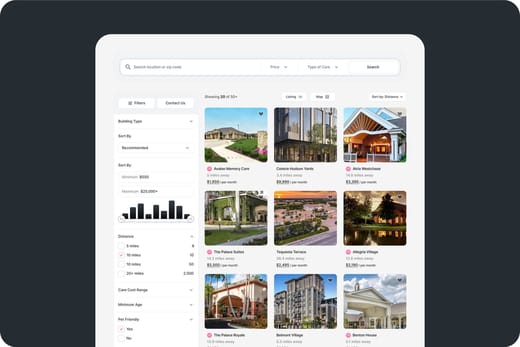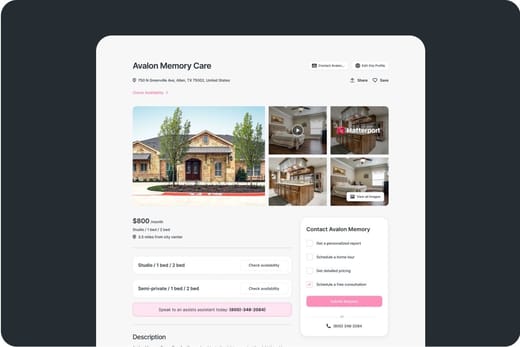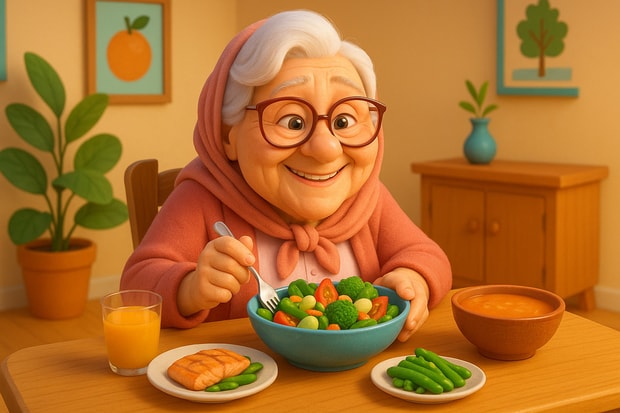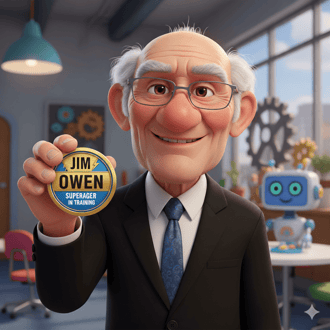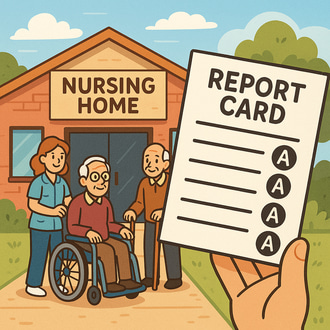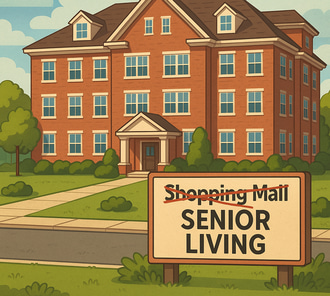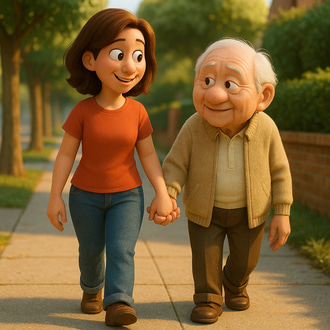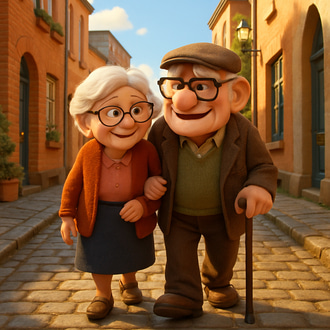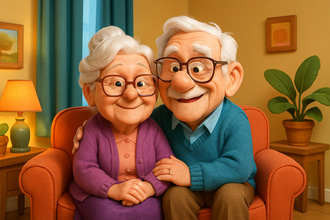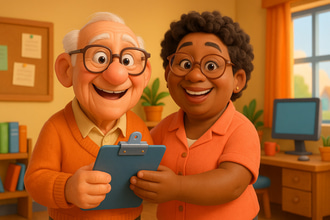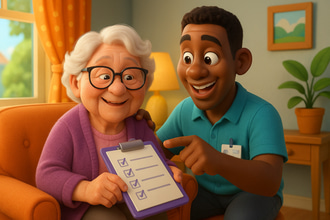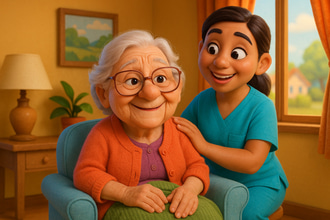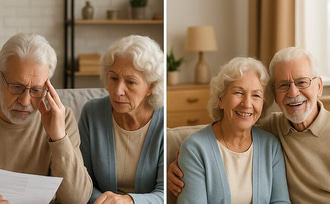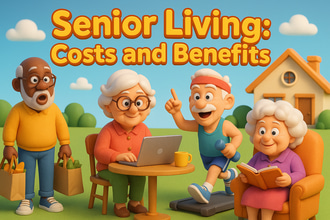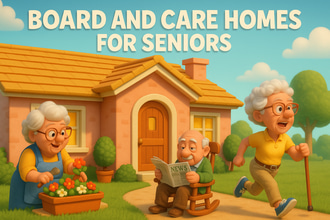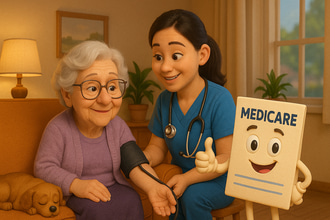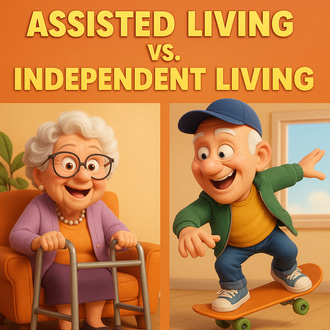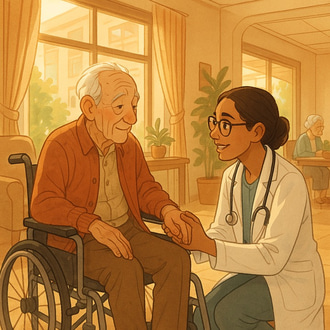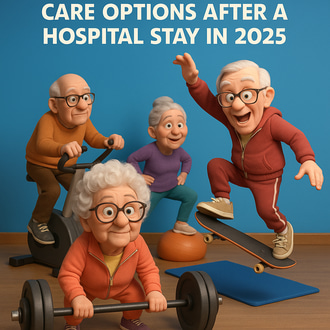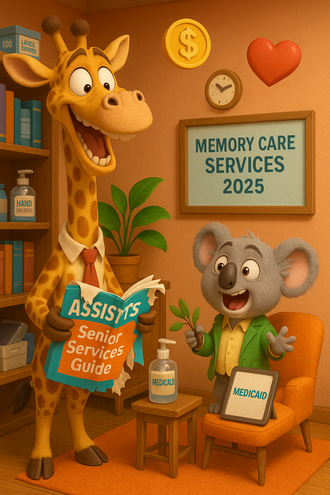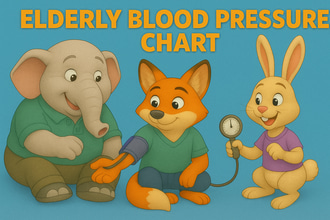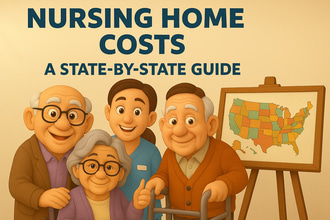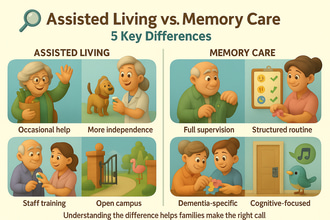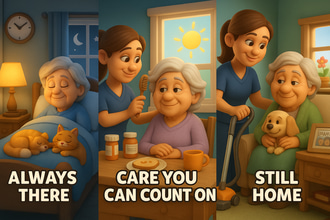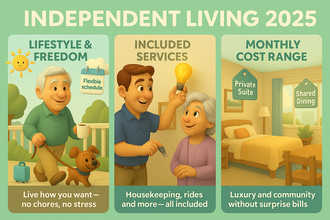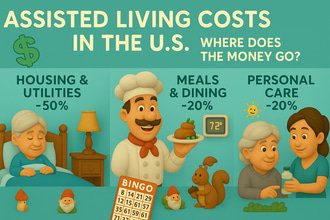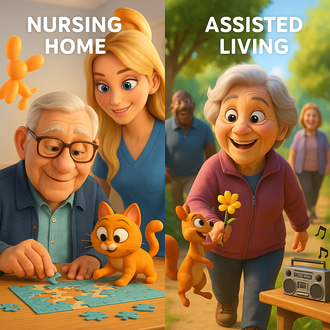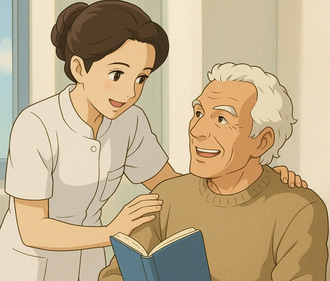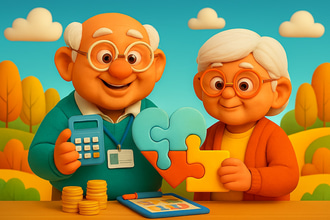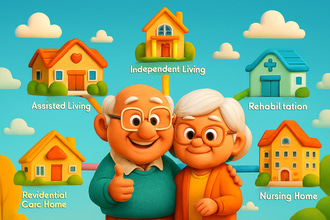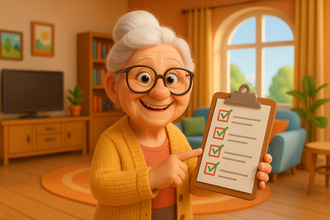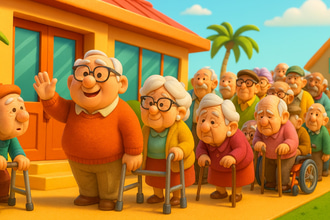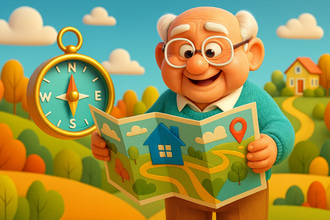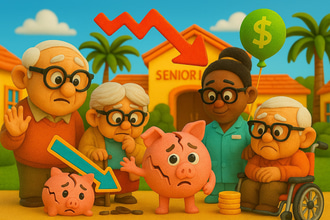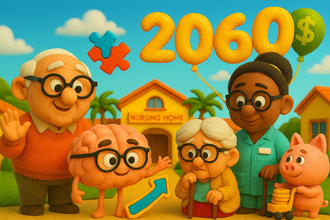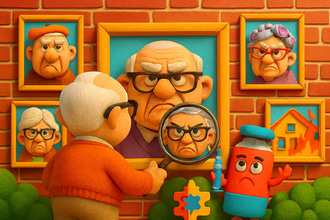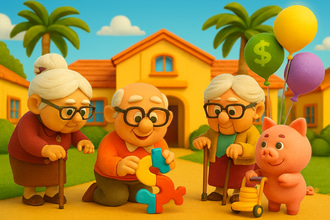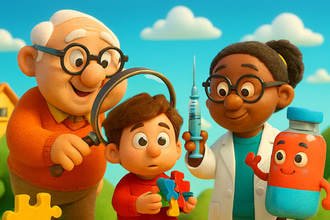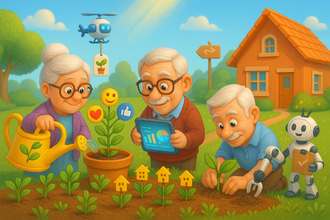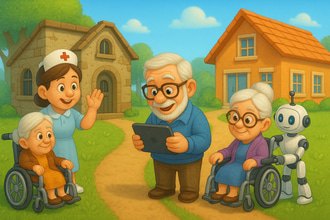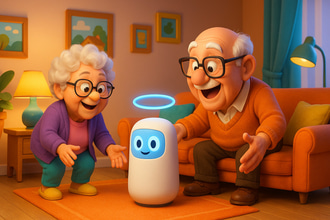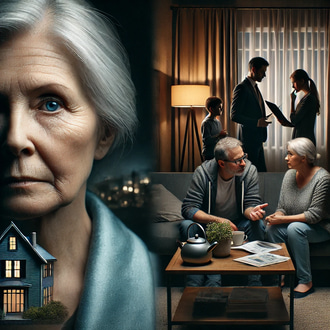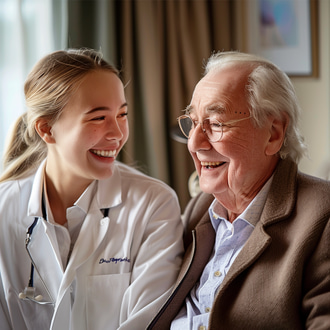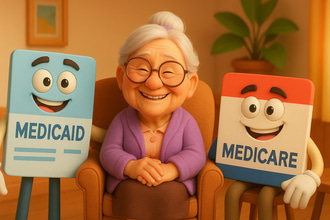Aging can be a difficult process for seniors, especially for those dealing with various conditions, such as cancer. In this difficult situation, nutrition plays a key role in handling cancer signs and boosting overall health. While eating right helps everyone, seniors with cancer need more than just basic diet tips. Hence, knowing how a tailored diet can help seniors with cancer is crucial for their care and life quality.
The Impact of Cancer and Aging on Nutritional Needs
During the aging process, the body finds it harder to take in key nutrients and cancer makes this even challenging. Cancer and its treatment can affect how food tastes, smells, or even one’s appetite, and ability to eat enough food or absorb the nutrients from the food they eat. This can cause malnutrition, which happens when you don’t get enough important nutrients–making it harder for the body to fight cancer and get better after treatment. Therefore, a special diet that meets these needs is crucial for seniors dealing with cancer.
Benefits of a Tailored Diet for Seniors with Cancer
A personalized diet offers several key benefits for seniors with cancer, helping them address their unique nutritional needs, manage treatment side effects, and improve their overall well-being.
In addition to helping seniors’ living with cancer maintain a healthy weight, eating a balanced diet curated to their unique needs during chemotherapy or radiation therapy can:
- Help manage treatment side effects
- Boost energy levels
- Increase muscle tone
- Preserve immune function
- Minimize inflammation
Addressing Individual Dietary Needs
A one-size-fits-all solution does not work for the specific needs of seniors living with cancer. Their needs vary depending on the type of cancer they have, the treatment prescribed, and other health factors. That is why tailored nutrition solutions are crucial in restoring their health.
Personalized Nutrition Plans
Senior cancer patients require a personalized nutrition plan that considers the type of cancer they have, their treatments, their lifestyle, health conditions, and personal preferences. Most of people with cancer may try special diets to make their treatment work better, such as;
- Vegetarian or vegan diet – a diet that includes only plant foods, such as fruits, vegetables, beans, grains, nuts, and seeds. People adhering to this diet do not consume foods that come from animals.
- Macrobiotic diet – a diet plan that claims to minimize toxins by eating whole grains and vegetables and avoiding foods high in fat, salt, sugar, and artificial ingredients.
- Ketogenic diet – a low-carb diet that involves consuming high amounts of fat, low to moderate amounts of protein, and very little carbohydrates.
Foods to Eat
Seniors living with cancer are advised to eat the right foods before, during and after treatment. These foods typically includes;
Vegetables:
- Cancer patients are advised to add cruciferous vegetables to their diets, such as broccoli, cabbage, collard greens, kale, cauliflower and Brussels sprouts, which contain powerful phytochemicals that are proven to slow the growth of many cancers.
Fruits:
- Fruits rich in fiber, vitamin C and manganese, such as oranges, blueberries, bananas, apples, and grapefruits are commonly recommended for people dealing with cancer.
Proteins:
- Lean meat, fish, poultry, eggs, and tofu.
- Dairy products, nuts, dried beans, lentils (dhals), and chickpeas.
- Fish and soy foods (beneficial for prostate cancer).
Carbohydrates:
- Foods containing healthy carbohydrates or those foods that are minimally processed, like whole wheat, bran and oats, contain soluble fiber, which helps maintain good gut bacteria. Soluble fiber promotes the production of short-chain fatty acids, which helps everything from metabolism to cellular repair.
Foods to Avoid
- Avoid deep-fried, grilled, barbecued, or baked meats due to carcinogenic byproducts.
- Limit intake of salt, sugar, and oily foods.
- Avoid red meat and processed meats.
- Avoid preserved foods due to nitrites.
- Minimize alcohol consumption.
The Role of Caregivers and Senior Living Communities
Seniors with cancer require nutritional support, and caregivers, as well as senior living communities are crucial in guaranteeing they receive it. Dietitians and medical professionals can team up to curate meals suited to each senior’s needs, while caregivers can check on these diets to ensure seniors get enough nutrition to stay strong during treatment.
Senior living communities should also foster a caring atmosphere around meals. Dining times should allow for both emotional support and healthy eating while team members should encourage open conversations with seniors about their meal choices, comfort, and appetite changes. This aids seniors with cancer in feeling safe and builds trust, making mealtimes less tense and more pleasant.
Conclusion
A specialized diet is an important aspect of care for senior patients with cancer. It helps address the common difficulties brought on by aging and cancer, maintain seniors’ strength, boost immunity, and manage adverse effects of therapy. Personalized dietary plans that cater to seniors’ preferences and medical needs help seniors in enjoying an improved well-being and overall quality of life. Senior living communities and caregivers play an important role in fulfilling these initiatives by making sure seniors get the comprehensive care and assistance they need. Ultimately, a well-curated diet is more than just a tool for managing cancer, it’s a road to recovery and better quality of life.

